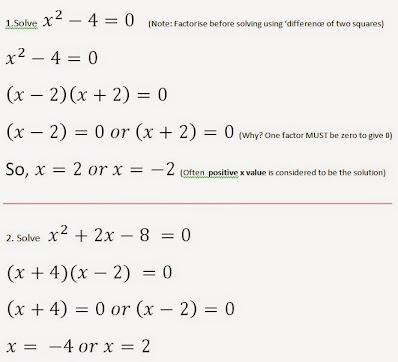~~~~~~~~~~~~~~~~~
''The Secretary said areas the civil society can make comments on may include: boards of management, boards of governors and governing council, free and compulsory education, quality of education, boards of studies for elementary, primary and secondary. Furthermore, comments can be made on curriculum, language of instruction, structure of public service and administration at Provincial and District levels
The secretary said the powers and authority of Provincial Education Advisers, District Education Advisers, District Administrators and accountability must be clearly articulated can also be commented on. Views can also be made on the teacher and technical education and the 2-6-6 school system structure for elementary, primary and high Schools’
Tapo said the remaining consultations will be held with the permitted schools, international education agency and the Churches in November.





